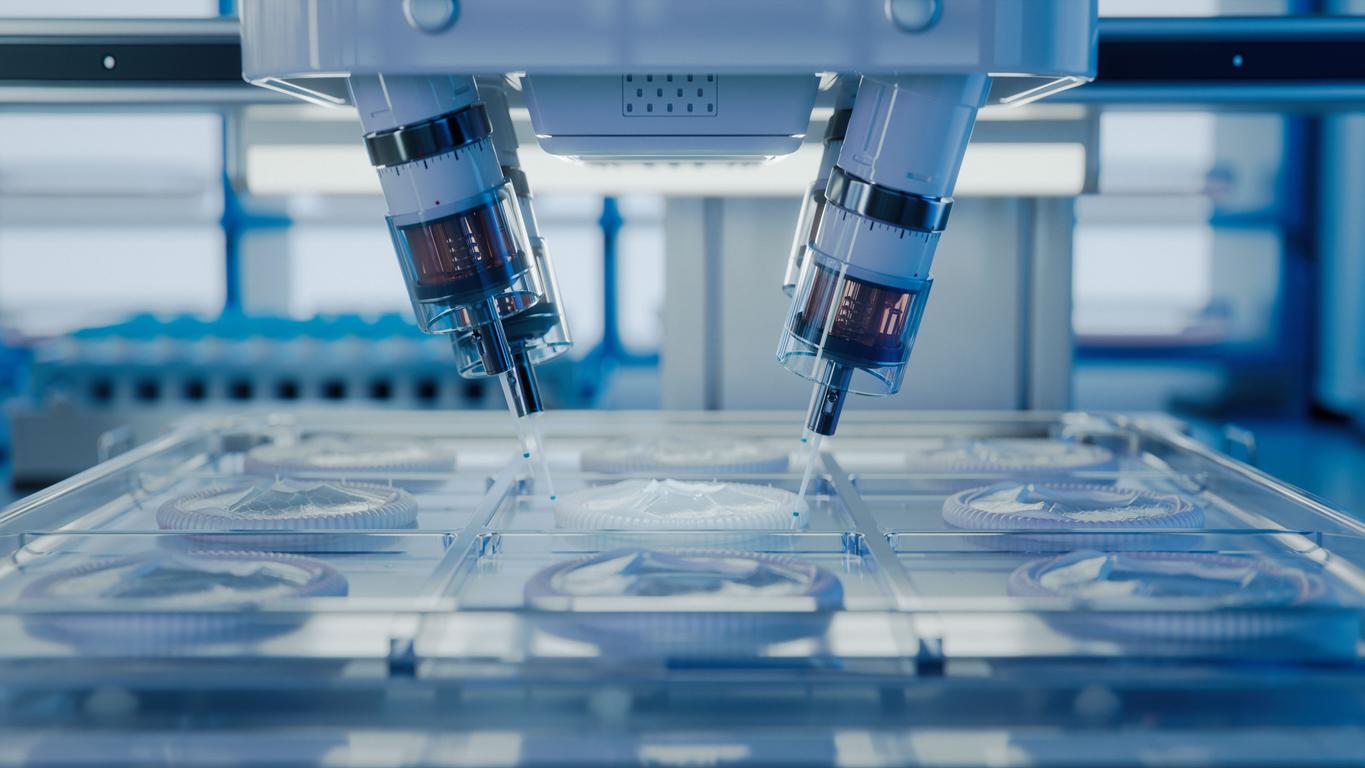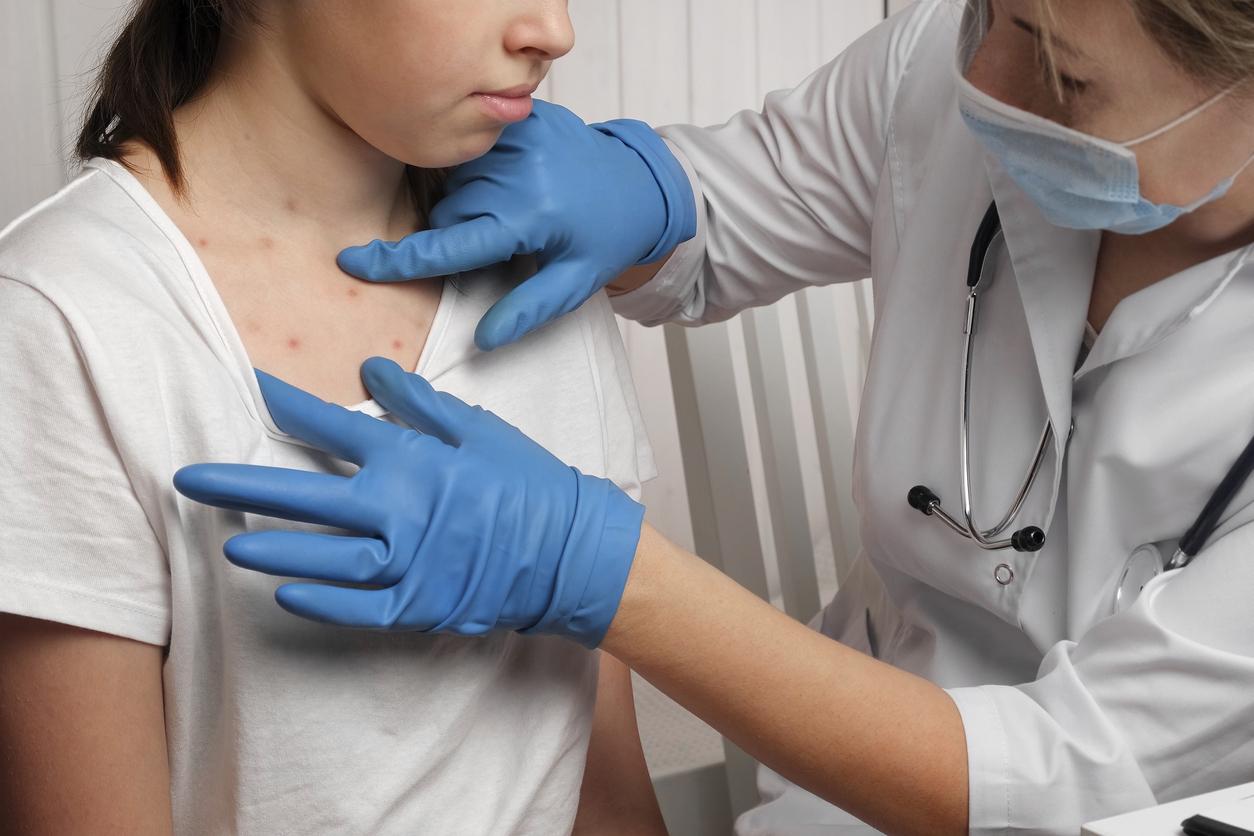Have a child over 40, it is more and more frequent. A new study presented at the annual meeting of theEuropean Society of Human Reproduction and Embryology (ESHRE) pushes the boundaries of late conception. Researchers at the Center for Human Reproduction at Genesis Hospital in Athens, Greece, say they’ve found a method to restart menstruation and restore ovarian production of viable eggs after pregnancy. menopause.
Menstrual cycle and egg production restored in less than three months
The treatment used is called PRP for “platelet-rich plasma”. Its particularity: it contains many growth factors with regenerative properties. This is why it is currently used to repair tissue damaged for example by injury. The Greek researchers carried out a study on eight women in peri-menopause, aged on average 45 years and having not had a period for an average of 4.8 months. They noted their ovarian hormone levels and the presence of ovarian follicles (the part of the ovary in which the egg develops) before, during and after PRP treatment. The latter was administered through a vaginal probe. Result: The menstrual cycle was restored in these eight women within three months of treatment and the presence of viable and fertile eggs was observed in all cases. PRP treatment could therefore allow recently menopausal women to conceive. “We can assume that the PRP injection probably enriched the dysfunctional ovarian tissue of the menopause with the factors essential for vascularity, leading to tissue regeneration.“, congratulate the authors in the study they presented to the ESHRE meeting.
Late pregnancies are not without health risks
Scientists specify, however, that further work on a larger panel and at a more advanced stage of menopause is needed to validate PRP treatment. But if the results are confirmed, this technique could counter the decline in fertility in postmenopausal women, allowing them to get pregnant rather than resorting to in vitro fertilization (IVF) or at the egg freezing before menopause. This possibility obviously raises serious ethical questions, in particular as regards theage “limit” to be a mother. Indeed, the late pregnancies require special medical monitoringbecause the risks of miscarriage, ofarterial hypertension, of phlebitis, pulmonary embolism and Gestational Diabetes are significantly higher after 40 years.
>> To read also:
Menopausal at 20, she discovered herself pregnant 12 days prematurely
Having a child at 40 increases cardiovascular risk later
Seventy-year-old gives birth to first child in India
Store your eggs to have a late pregnancy, good or bad idea?

















